This is also about the time when babies smile. They’ll soon start making eye contact.
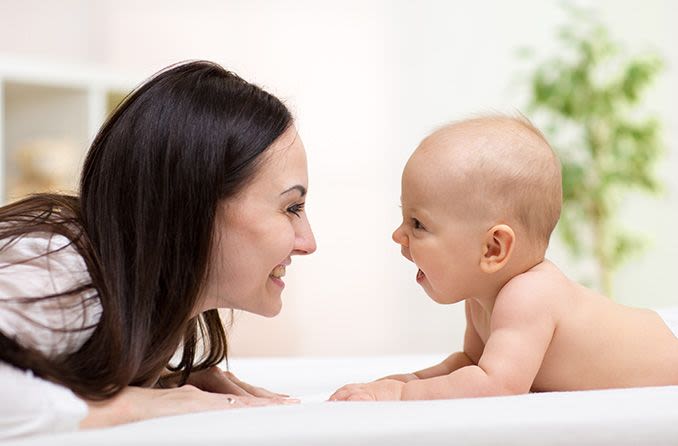
The Importance Of Eye Contact For Child Development
When do babies make eye contact?

When should infants make eye contact. The older the child, the more smoothly he/she will be able to scan without any blinking or jumping 5. Around 2 months old, babies can focus and make eye contact. Making eye contact is among the important milestones for a baby.
Eye contact is not just about your baby recognising you. It is normal for a baby’s. They make their first direct eye contact during the first six to eight weeks of age.
Gripping, grasping and on the go. Through the act, your baby gathers information, relates to voices and people and begins to gradually comprehend things. As per the growth milestones set by pediatricians, most babies start to make eye contact at around three months of age.
A few minutes after birth, most infants open their eyes and start to look around at their environment. So, here is the answer: By eight weeks, babies begin to more easily focus their eyes on the faces of a parent or other person near them.
Eye gaze develops in leaps and bounds when it comes to babies: He calms down, he might even smile. From 9 to 12 months:
(in premature babies corrected age should be used) by 4 months of age, babies’ ocular alignment is stable and can look from near to far and back again. They’ll find it easier if you make it super obvious. 1 in the beginning, baby needs to be calm and alert to hold eye contact, so don’t try to check this milestone while your little one is hungry, distressed, or tired.
Infant eyesight development when an infant is first born, he only sees in shades of gray. Eye contact is limited to a few seconds during the newborn stage, but developmentally, the ability to hold eye contact should just increase from there. Thesocialexpress.com (where we learned the story of the mom mentioned above), agrees with this stance, and mentions that parents should work on the skill of eye contact with their children in a daily way.
Most babies, make their first direct eye contact during their first 6 to 8 weeks of age. On these occasions, you should respect your baby’s signals and let them calm down either by having a nap or by gently holding them without talking or intensely making eye contact. During the first months of life, the eyes start working together and vision rapidly improves.
By about 6 months, babies begin to look toward an adult’s face and eyes for “social referencing” purposes, not for eye contact in and of itself, but to get information from the facial expression and the direction of the adult’s gaze. This is about when they start to pull themselves up to stand. Making eye contact is among the important milestones for a baby.
Your baby's eyes are probably their final color now. Before that, newborns recognize light and dark as well as movement, but eye contact will be more significant in that the baby is able to look at your eyes. They make their first direct eye contact during the first six to eight weeks of age.
Newborns who zone in on a parent's face, however, may lose interest quickly if the parent's eyes are averted and eye contact cannot be established. And after about three months, they’ll begin to look wherever you’re looking too. By 3 months of age, babies should exhibit a social smile and make eye contact.
Your concentrated attention lets her know that you are interested in what she has to “say” and that you value her opinion. When a baby makes eye contact, parents are reassured that they are being recognised by their child. At about 9 months old, babies can generally judge distance pretty well.
Why is eye contact important? Because of the puffiness of their eyelids, some infants may not be able to open their eyes wide right away. Around four months, babies start to develop more sophisticated visual perception and communication.
They should be able to see colors and smile back at you when you make eye contact. Most newborns begin to make eye contact around six to eight weeks of age. Babies can make eye contact almost immediately after birth.
Newborns can see, but they probably don't focus well at first, which is why their eyes may seem out of line or crossed at times during the first 2 to 3 months. Eye contact is not just about your baby recognising you. If an infant fails to make eye contact in the first six months, an immediate consultation with an expert is recommended.
That first moment when you make eye contact with baby, that precious, precious moment when you and your baby gaze into each others eyes for what seems like eternity…. Healthy infants are born with the ability to hold eye contact. The first thing to say is that if babies are overstimulated they will often avoid eye contact as a signal that they are a bit overwhelmed.
In that moment, you see your little one’s eyes widen slightly as he focuses on your face. Newborns will be especially attracted to a few specific things, like the color red and heavy contrast. Generally, you should expect a typically developing infant to scan and follow the object with his/her eyes (without moving his/her head) all the way to about a foot to the left and to the right.
Know what to developmentally expect from your child. Within 7 hours after birth infants take a remarkable interest in their mothers' faces and have been shown to imitate facial expressions made by caregivers.

Making Eye Contact With Your Baby Can Boost Their Learning Communication Skills Parents

Mothers And Babies Synchronise Brainwaves When Making Eye Contact Bellybelly
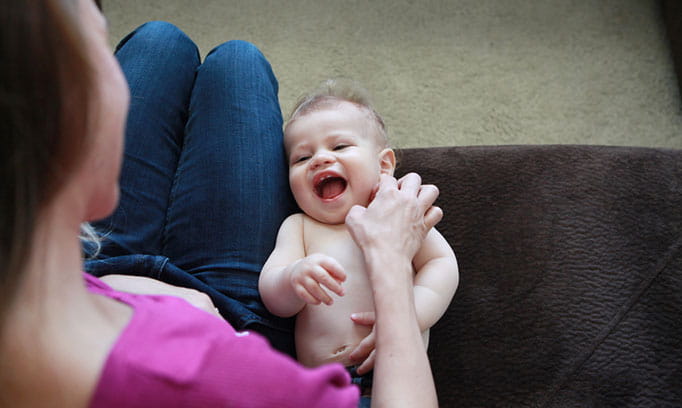
Eye Contact Helps Babies Learn To Talk
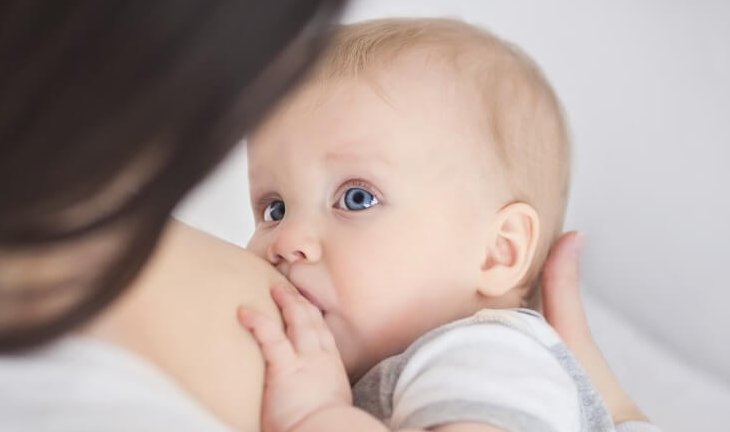
A Magical Moment Making Eye Contact With Your Baby While Breastfeeding - You Are Mom

Mothers Babies Brainwaves Snychronise With Eye Contact Study
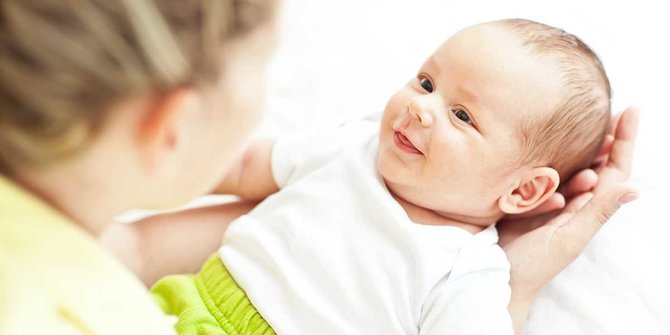
60 Kata-kata Untuk Anak Yang Baru Lahir Penuh Harapan Dan Doa Mulia Halaman 2 Merdekacom

When Do Babies Start Making Eye Contact And How Can Parents Encourage It - 1happykiddo

Stimulating Your Babys Senses Sight Photos - Babycentre Uk
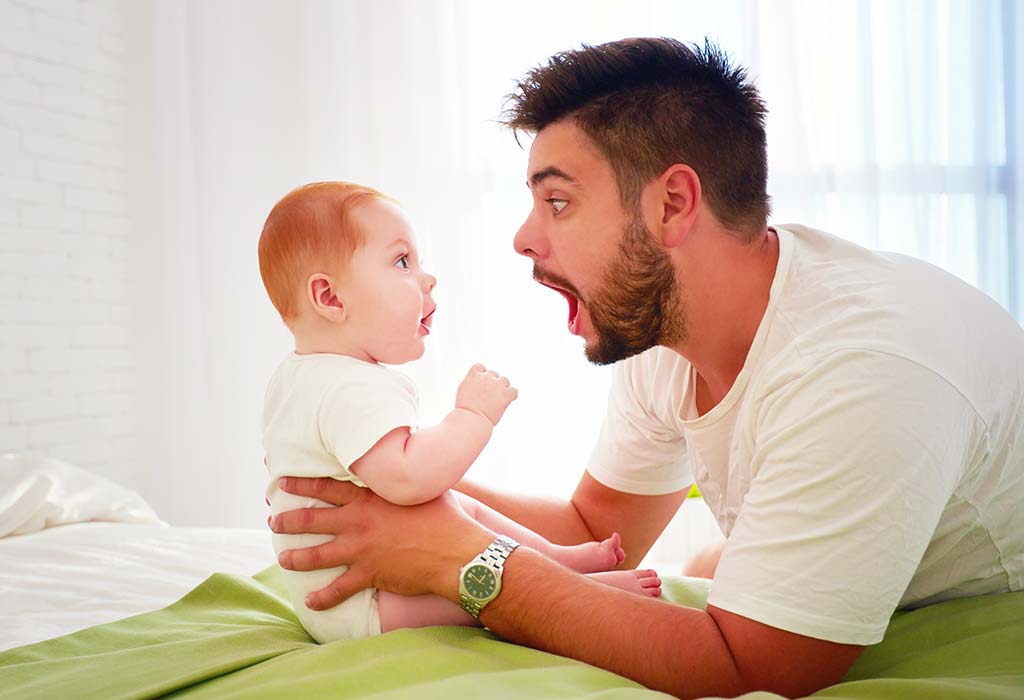
When Do Babies Make Eye Contact How Parents Can Help Them
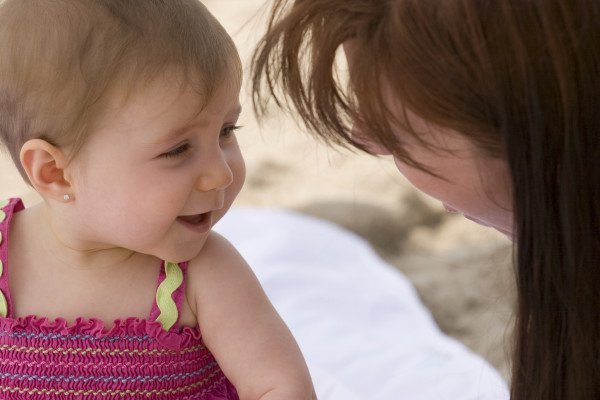
Why Is Eye Contact Important Child Development Resources
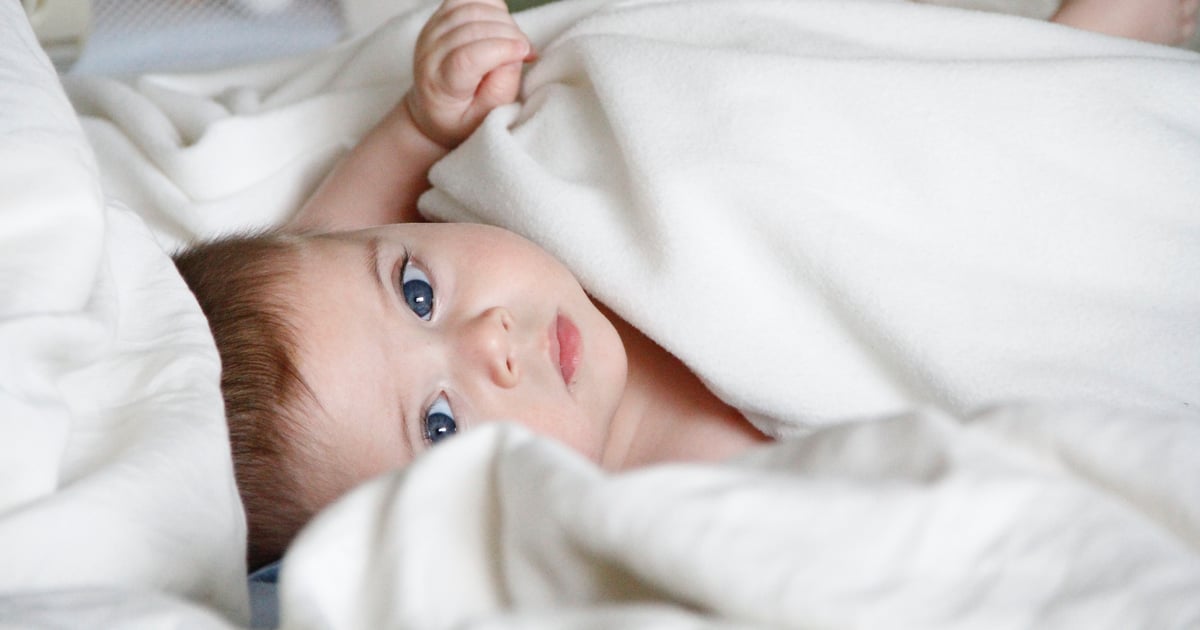
How To Encourage Eye Contact In Babies Popsugar Family

When Do Babies Make Eye Contact - Tips On Encouraging Your Infant

Babys Eye Contact Essential Parent
When Do Babies Make Eye Contact How Parents Can Help Them
When Babies Make Eye Contact And Related Milestones In The 1st Year
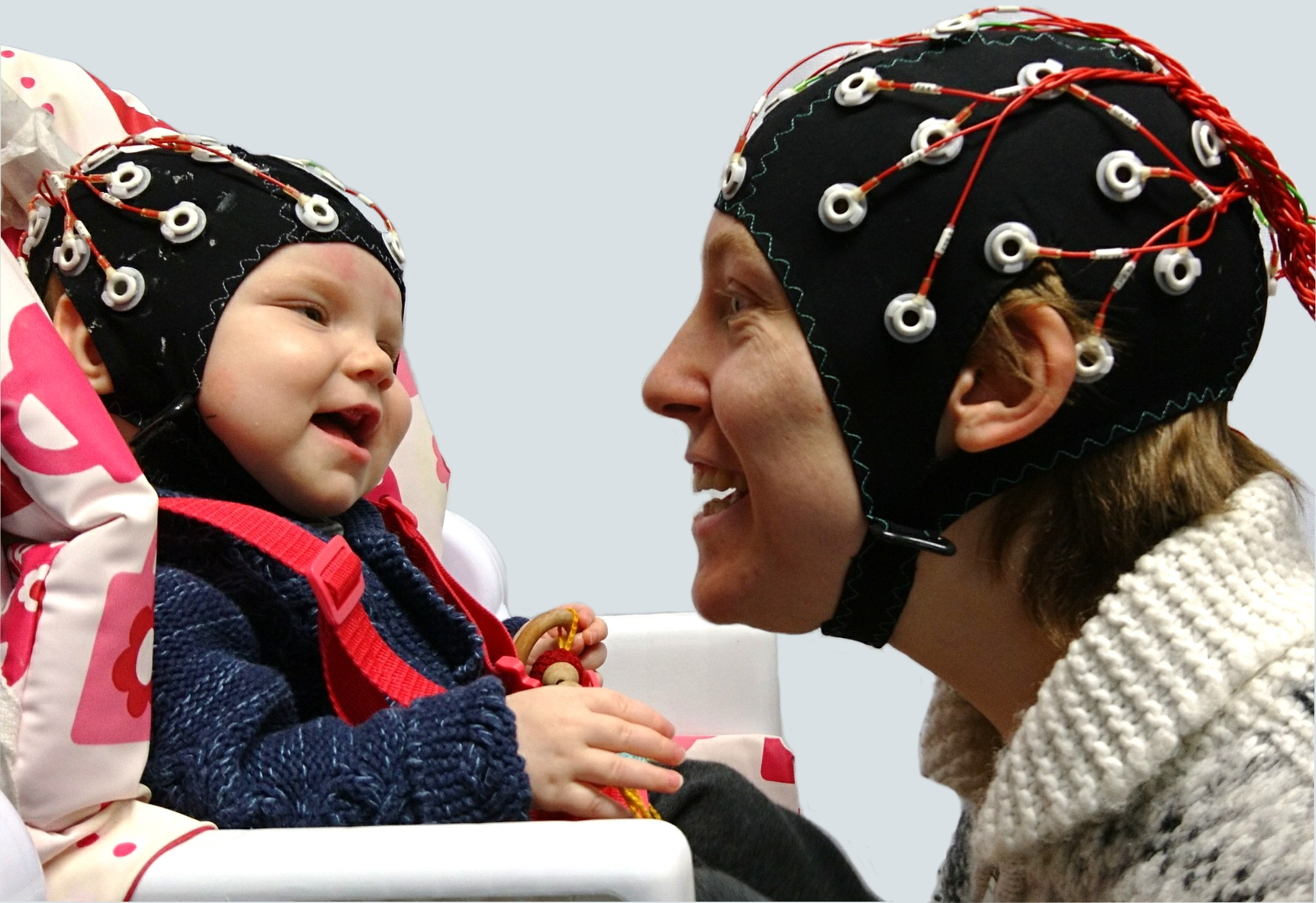
Making Eye Contact With A Baby Changes Both Your Brain Waves Time
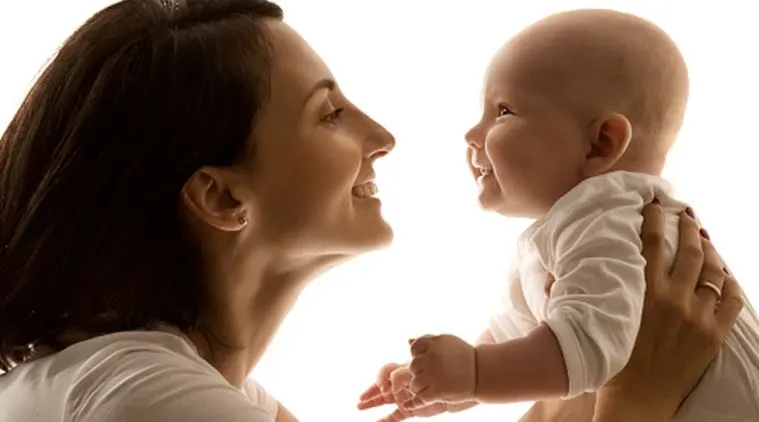
How To Help Your Baby Make Eye Contact 6 Tips For Parents

What You Need To Know About Infant Eye Contact Development Lovetoknow

Eye Contact In Babies Expert Advice
